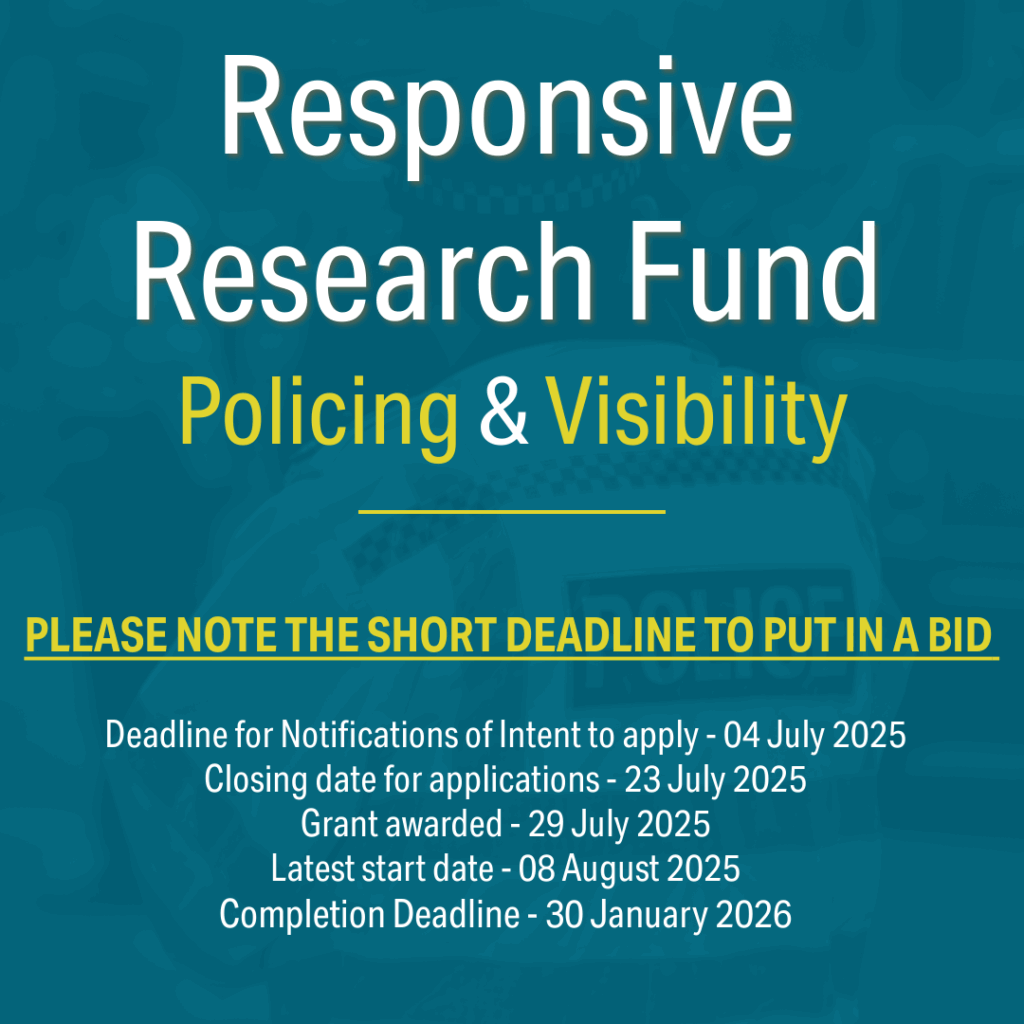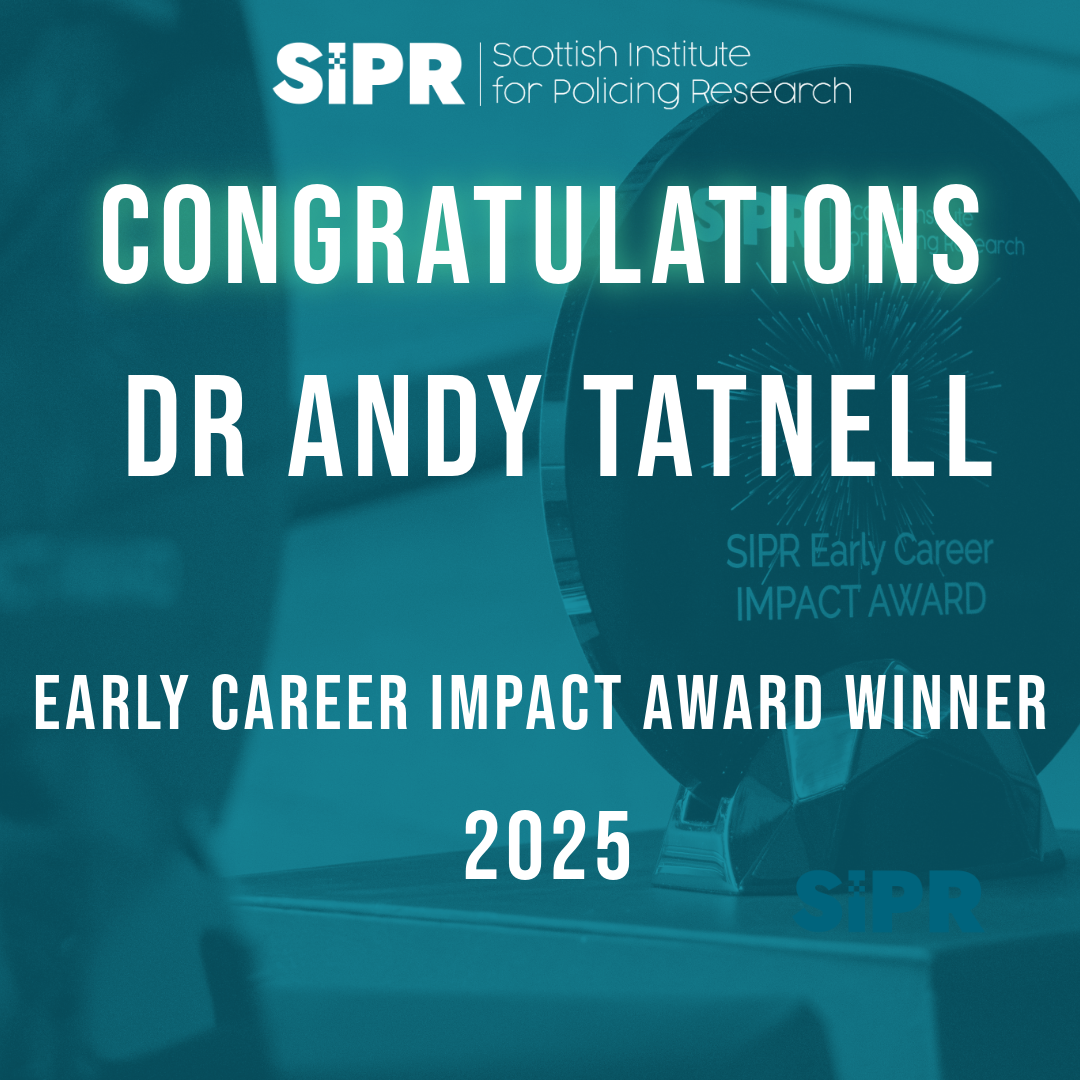Written by Dr Georgina Sinclair, SIPR Associate

‘Mission Challenges, Lessons Learned and Guiding Principles; Policing with Communities in FCAS’. Workshop hosted by the Guarda Nacional Republicana (GNR) in Lisbon, Portugal 2017
(photo © GNR)
This collection of essays can be viewed at: https://www.sipr.ac.uk/downloads/Sinclair_Burdett_MCLLGP.pdf
Policing assistance within an international mission environment is widely recognised as being complex and fraught with challenges. Within security sector reform programmes, policing is a central pillar, encompassing a range of activities that have moved beyond monitoring of local police organisations to reforming, rebuilding, restructuring and redeveloping. There is broad recognition of the need to better understand the challenges faced by police practitioners within this context. Recent and ongoing initiatives by international organisations including the United Nations and the European Union are working towards the development of mission ‘best practice’ through a ‘lessons-to-be-learned’ approach and transfer into guidance material.
Contributing to the wider debate on mission ‘best practice’ within international policing assistance is at the core of this project entitled ‘Policing with Communities in Fragile and Conflict-Affected States (FCAS)’. It brings together a group of police practitioners, academics and security sector reform experts drawn from across Europe with experience and interest in international policing. The group recognised that there should be more engagement with the challenges faced in mission through a ‘lessons learned’ approach that would help to build sustainable overseas projects. This stemmed from a growing body of anecdotal evidence from mission lessons learned and best practice perceived as key in contributing to mission effectiveness and sustainability and the building of institutional memory.
In this context ‘lessons learned’ could be understood as an occurrence or finding within a particular context that impacts sufficiently to require further development and/or monitoring. In the experience of the author, many police practitioners perceive international lessons emanating from the operational, procedural and conceptual (e.g. stakeholder coherence and coordination; international cooperation; implementation of mandate; recruitment; training and staffing; procurement, budget and finances) and lodged within the strategic and political (mandate feasibility; comprehensive approach; impact assessment and local context). Once a lesson has been observed it becomes a lesson identified that can bring about a rethink of pre-existing concepts, the development of planning, training programmes, monitoring and evaluation and so on. That lesson is only learned after remedial action has been undertaken to bring about change. ‘Best’ practice’ within an international mission might be referred to as successful practice that can be repeated, though it can be argued that there could be wider references to ‘good practice’ when referring to short term mission effectiveness and efficiency within the context of fragile or failed states. However, most missions have lacked the personnel, resources or timeframe to build this approach into institutional learning and corporate memory. Whilst there are many independent silos of learning within the European Union and other international institutions, knowledge exchange and transfer of training activities across all missions have little if any linkage. This should be urgently addressed as knowledge transfer – whether through formal or informal exchanges between practitioners –helps to build police professionalism within that international setting. Importantly it contributes to the longevity and impact of that mission, which in turn can benefit the host country community and police stakeholders.
This ongoing project began with an initial workshop held in Lisbon in January 2017 and supported by the Joint International Policing Hub (JIPH), which operates off the UK government’s Stabilisation Unit platform, in partnership with the Guarda Nacional Republicana (GNR) in Portugal. The aim of this workshop was to bring together a cross-section of European police and gendarmes with international mission expertise to broadly debate and disseminate mission challenges, consider lessons learned and develop guiding principles. The discussions further benefitted from the observations of international policing experts and representatives from the JIPH, GNR and the European External Action Service (EEAS)/Civilian Planning and Conduct Capability (CPCC), who brought their wide experiences of international policing. Participants were invited within their original presentations to select an appropriate topic that reflected the project’s core theme of ‘policing with communities in fragile and conflict affected states’. Each of the papers touched on a range of EU and UN missions (including Kosovo, Iraq, Afghanistan, East Timor, South Sudan and the Sahel Region), highlighting the experiences of participants from the late 1990s through to the present. Importance was placed on identifying challenges that ranged from issues of cultural awareness and sensitivity to risk taking, leadership and soft skills to police-military cooperation and local stakeholder involvement within the mission arena. Each participant noted that there was an urgent need to capture lessons which could be meshed within future institutional guidance material, wider police learning and shared ‘best practice’. More often than not an approach to better practice emerged through trial and error and a degree of risk-taking from that practitioner.
Emanating from the workshop has been a collection of nine practitioner-led essays and an introduction to the topic. The aim has been to spark further discussions of how and why practitioners operate within a mission in the way that they do, how they meet the challenges of a mission that is so far removed from their home policing environments and may remove them from their comfort zones. It is hoped that this output will make a positive contribution to the development of current best practice for use by police practitioners when deploying to an international environment, and raise the profile of international policing assistance.
References:
Argyris & D. Schon (1978). Organizational Learning, a theory of action perspective. University of Michigan: Addison-Wesley Publishers. Co.
Cremonini (2015). ‘Lessons learnt and best practices’ in J. Rehrl & G. Glume (2015) (eds.). Handbook on CSDP Missions and Operations: The Common Security and Defence Policy of the European Union. Vienna, Austria: Directorate for Security Policy of the Federal Ministry of Defence and Sports of the Republic of Austria.
All correspondence is welcomed and should be addressed to Georgina Sinclair: Georgina.Sinclair@stratexint.com
Comments are closed, but trackbacks and pingbacks are open
This work is licensed under a Creative Commons Attribution-NonCommercial-NoDerivatives 4.0 International License



